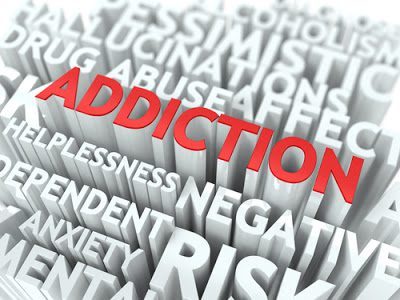
When Do I Seek Help For Ativan Addiction?
We all have our moments of stress. There are a lot of healthy ways to fight the stresses that everyday life brings but others prefer something stronger to relax them like Ativan. You may be asking for Ativan to destress but that could result in an addiction that can bring negative consequences to your life if you are not careful.
What is Ativan?
Ativan is a type of benzodiazepine to combat the stress from anxiety. Ativan creates a powerful state of relaxation and it is easy to obtain, as millions of people take Ativan for anxiety. Some people even fake symptoms in order to get a prescription.
What are the symptoms of Ativan addiction?
Ativan helps ease anxiety symptoms by slowing down brain and spinal cord activity. Symptoms include mood shifts, frequent sleepiness, dilated pupils, hard concentration, depressed mood and slurred speech.
What are the effects of Ativan addiction?
Long-term effects include sudden death and accidental overdose, memory problems, personality changes, increased anxiety, brain damage, loss of job or academic performance, or unexplained muscle aches.
Who is at risk for Ativan addiction?
You can be addicted to Ativan if you have taken this medication for years and have not noticed your addiction until you stop. Having a mental illness, especially anxiety, will also increase the likelihood of prescribing Ativan. You are also at risk of Ativan addiction if you have a history of trauma, chronic stress, have a family history of addiction, and if you, yourself, have had a prior history of addiction.
When do I seek help for Ativan addiction?
It is important to seek help as soon as possible for Ativan addiction because the longer you allow the addiction to take hold of you, the worse the side effects will be. Ativan can cause worsening health problems, severe anxiety or depression, and you will grow a tolerance to the drug as the effects of Ativan lessening anxiety will no longer work.
How is Ativan addiction treated?
Medical detox is a first option where you can be medically monitored which experiencing withdrawal symptoms like seizures and convulsions which is either a short hospital stay or outpatient. Going to therapy is another option so you can learn how to handle your cravings and identify why you are an addict. Inpatient treatment can bring 12 Step programs like Narcotics Anonymous, medical detox, therapy, and life skills all together while you say in their residency. Outpatient treatment make it possible to live at home but still attending treatment sessions during the day. Executive rehabs will give you more privacy so that you will continue to work and still attend meetings. Luxury rehabs bring you a spa-like environment with gourmet food, privacy, classes, and career coaching.







